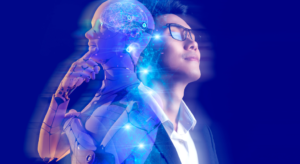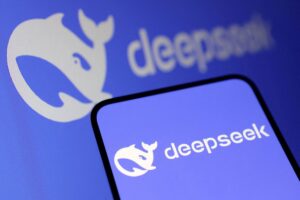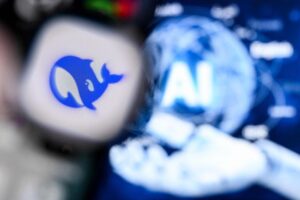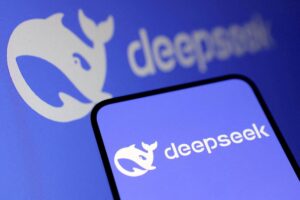What Does the AI Era Hold for Our Children’s Future?

The Rise of Manus: A New Era of AI
Artificial Intelligence (AI) has rapidly transformed the way we interact with technology and the workplace. Just a year ago, AI tools like ChatGPT and DeepSeek served primarily as helpful assistants, answering queries and providing information. Now, a new AI product, Manus, has emerged, revolutionizing the tasks it can handle and creating a sense of urgency regarding its implications for future generations.
The Evolution of AI Capabilities
Manus is remarkable not just for its advanced features but also for its ability to perform complex tasks typically handled by humans. It can analyze stock data, decompress resume files, organize travel itineraries, and generate detailed reports. These tasks, once the responsibility of entry-level employees and administrative assistants, are now completed by Manus in a fraction of the time.
For many parents, this rapid development can be unsettling. As a mother of two six-year-olds, I find myself pondering how this increasingly advanced AI will shape my children’s future. When my husband and I debated whether teaching our kids to code was still relevant, we were grappling with a significant shift: the skills necessary for future careers are changing rapidly.
The Impact of Manus on Employment
The excitement surrounding Manus has led to a surge in interest, even causing invitation codes to be resold for substantial amounts on platforms like Xianyu, China’s secondhand retail service. This frenzy reveals a growing anxiety about AI’s potential to replace human jobs. A tech blogger compared Manus to an “all-purpose intern,” emphasizing its ability to not only follow instructions but also utilize various tools independently.
This brings to light an important question for parents: What skills should our children focus on now? With AI taking over many routine tasks, traditional skills like data entry or basic document processing might become obsolete. Our children’s education must adapt to the new realities of the workforce.
Rethinking Educational Goals
As I review my child’s kindergarten curriculum, I notice a focus on foundational subjects such as phonics, math, and literacy. While these subjects were once seen as essential, their significance is being challenged in an AI-dominated world. The concept of "autonomous learning" has emerged with Manus, which can learn independently and collaborate on projects across different domains. For instance, it can analyze real estate data, evaluate neighborhood safety stats, and even create interactive websites.
This shift in focus requires us as parents to rethink what education means in the context of our children’s future careers. We now need to foster skills that emphasize critical thinking, creativity, and problem-solving, rather than just rote learning.
Embracing New Possibilities
Interestingly, this evolution in AI doesn’t feel entirely daunting. As someone with only basic coding skills, I’m starting to wonder if I could use Manus to develop a Customer Relationship Management (CRM) system tailored to my business needs. What once seemed improbable is now becoming feasible, as even those without extensive coding backgrounds consider how to leverage AI tools.
My husband, who initially dismissed such ideas with earlier AI developments, has come around, acknowledging that utilizing these tools may be more possible than we once thought.
The fast-paced evolution of AI signifies not just progress in technology but also a profound shift in how we teach, learn, and prepare future generations for the workforce. As AI continues to advance, adapting our educational priorities will be crucial in ensuring our children are equipped with the skills they need to succeed in an increasingly automated world.





